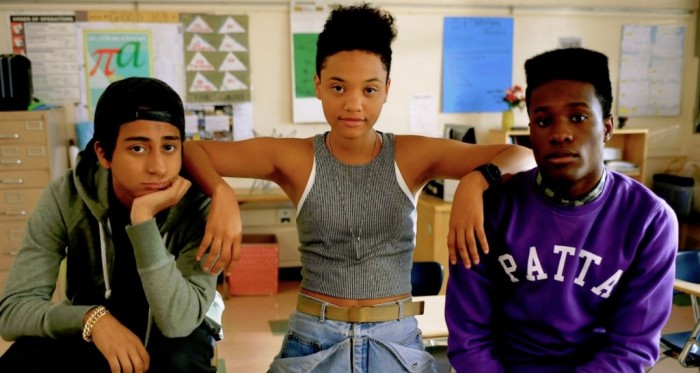In This Corner of the World

I've been waiting for this film for so long and it was worth every second. There's a lot that has been done with war films, even from civilian perspectives, about the tragedy of war, the horrors of war, and so on. But you know what? That's really not what this film is about at all. This is a film about the triumph of life, the power of innocence, and the manifestation of creativity and art even when suppressed and suffocated by the realities of the world. It's not a film that dwells on any particular thing, nor does it milk drama for emotional effect. It simply delivers life anecdotes as vignettes in the life of a girl as she becomes a woman - a string of memories to be cherished, viewed in the way memories often are: exaggerated, hazy, incomplete, or larger than life. The direction feels so effortless, the film just breezes by. The joy, the sadness, the hardships, everything is a celebration of what it is to struggle in life and yet find contentment in it. It might not be a message people like to find in escapism, but it's a vital theme in understanding how humanity works.
The art direction and animation style employed is very faithful to the source material, but in full color and animated it has a life of its own. There's a really strong sense of place in the film, which is important because it is very much about what place means to a person. Where you call home, what you are familiar with, who you are familiar with. Where you come from, and how people know you to be a stranger just from the way you speak. All the little details really add up to make this not just a story of Suzu, but of Eba and Kure as well. Most people know Hiroshima as a place which was struck by an Atomic bomb, but probably not many people know much about Hiroshima as a place itself, so it's nice to see effort put into detailing what these places were like, who lived there, and what people did there. In particular the naval arsenal industry that forms the bedrock of Kure is something that casts a dark shadow over the events of the story retrospectively. The characters in the story may be ignorant of what it means to the world at large, but knowing the nature of WW2 and looking back, it's impossible to not see how it would be dragged into the war directly.
What I really respect the narrative for is that it pulls no punches, but it never preaches. It is not a political story, it is not a guilt trip against war, it is not a sob story about how Japan also suffered, it is a tale of a woman's life who happened to live in that place at that time. There is no attempt to shy away from how nationalism is indoctrinated in the populace, or how the lack of great education in that period made many people choose the obvious choices of being domestic wives or working in the military. This is just life for them, and it wasn't something they labored over morally. Looking back, we can judge, and in part that's the point of examining society historically. But the story doesn't, and it any attempt to point the viewer in one direction or another are entirely with regards to characterizations. This is a story of the people and their little world, not the grander scale of what a world war meant.
Compared to stories like Barefoot Gen and Grave of the Fireflies, I much prefer stories like this and The Wind Rises. I'm not interested in tragedy to make a point, I'm interested in stories of how people might have lived, their ambitions, their loves, their loss, and them finding out for themselves in the end what that means for them. I love how the credits end with a special sequence where they thanked and credited every single backer for the original crowdfunding campaign which made the pilot film possible. It breaks my heart that in an industry as commercialized as anime, that no sponsor was willing to fund it without that show of support. Disgraceful!




